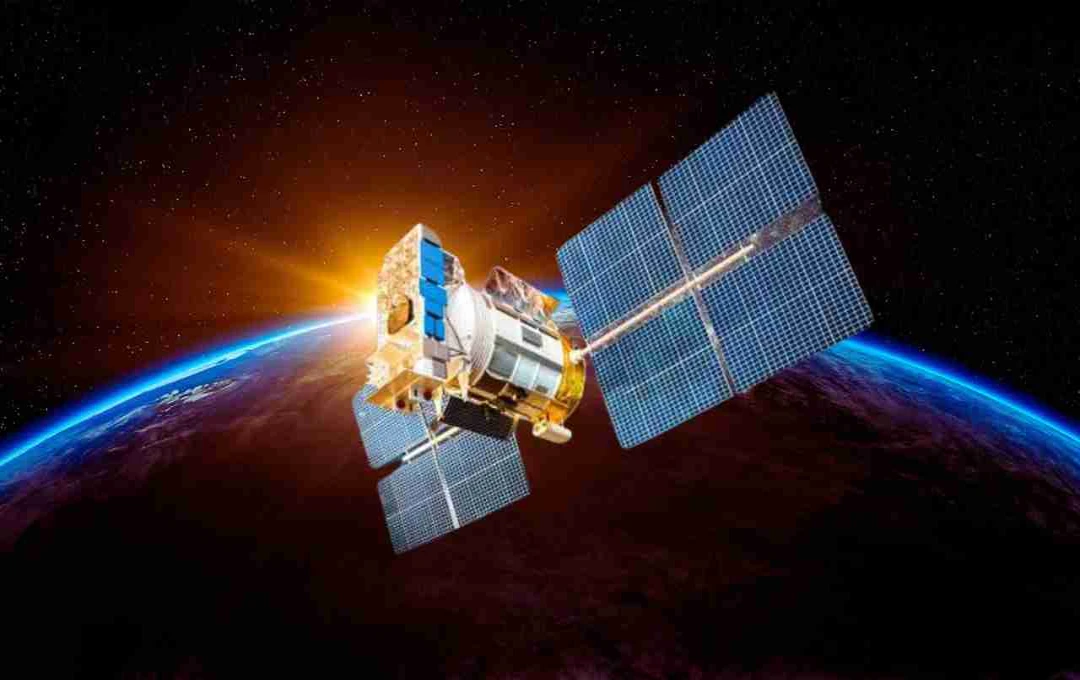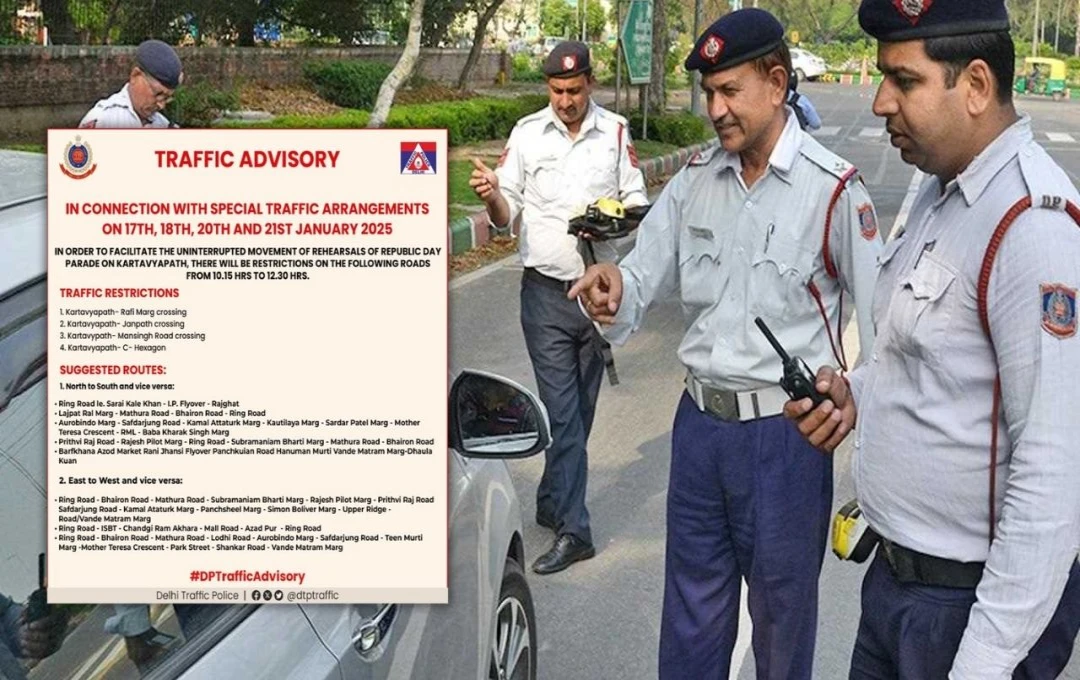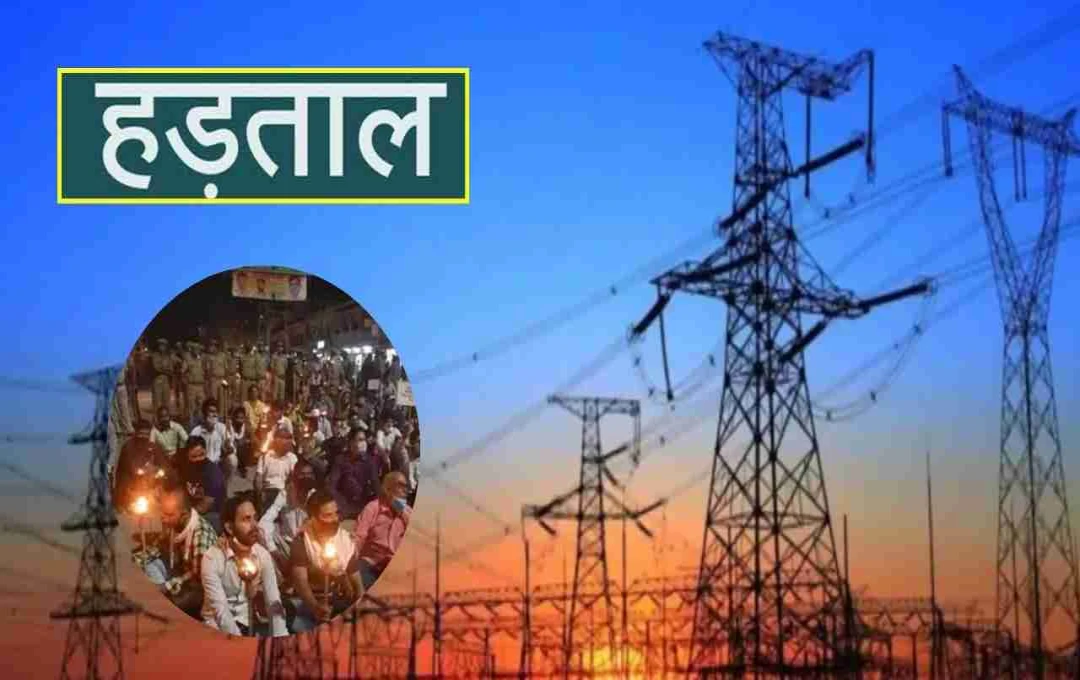India is taking a significant step in the realm of space technology and satellite communication (Satcom) by implementing a robust and stringent strategy before the launch of any satellite service. This strategy focuses not only on technological advancements but also on safeguarding national sovereignty and security. With numerous foreign companies poised to launch satellite broadband services in India, the central government has decided to invest over ₹900 crore in developing a comprehensive monitoring facility. The aim is to closely monitor every satellite operating within the country's borders.
A New Era of Satellite Broadband in India
India is preparing to revolutionize internet connectivity. Moving beyond the limitations of terrestrial networks, the country is focusing on delivering internet access from space. This involves using Low-Earth Orbit (LEO) satellites to provide broadband services. Global companies like Elon Musk's Starlink, Amazon's Kuiper, and OneWeb are actively pursuing this, with OneWeb having an Indian stake through Airtel, adding further significance to the project for India.
However, this rapidly evolving technology also raises security concerns. If foreign companies operating satellites provide internet or data services within Indian borders, government oversight becomes crucial.
₹900 Crore High-Tech Monitoring Center
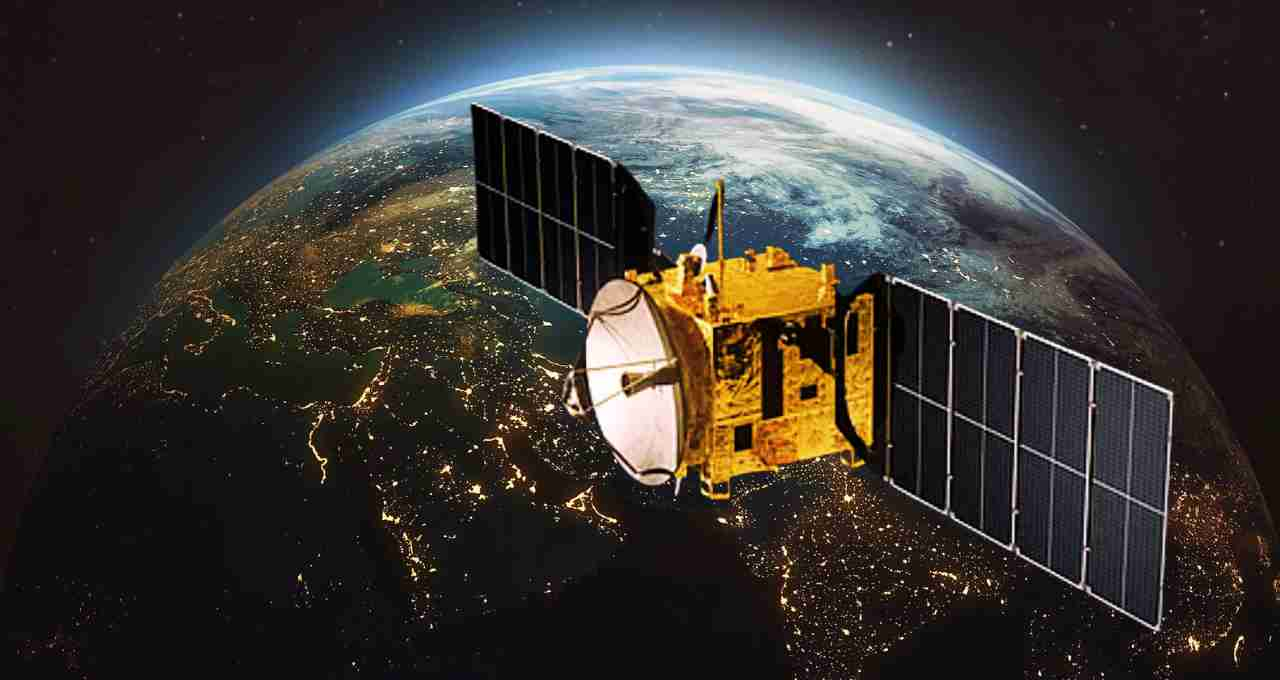
The government has taken steps to institutionalize this monitoring. According to reports, a modern monitoring facility is being established with a budget of ₹930 crore. This facility will provide real-time surveillance of all domestic and foreign satellites operating within the country.
The system will not only track data communication but also monitor activities from any international satellite network. Furthermore, the facility will ensure better coordination among satellite operators to prevent network overlapping or interference.
Department of Telecommunications (DoT) Introduces New Guidelines
Before implementing this monitoring facility, the Department of Telecommunications (DoT) has tightened regulations for satellite service providers. Companies launching satellite services in India will now be required to comply with over 30 new regulations. These include guidelines related to network security, data privacy, server location, and gateway operations.
A dedicated Digital Communication Commission (DCC) will be formed to oversee this facility. This inter-ministry panel will include officials from the Ministry of Defence, Home Affairs, IT, and Telecommunications. It will determine which foreign companies will be permitted to provide services in India.
Government Control Over Gateway Access
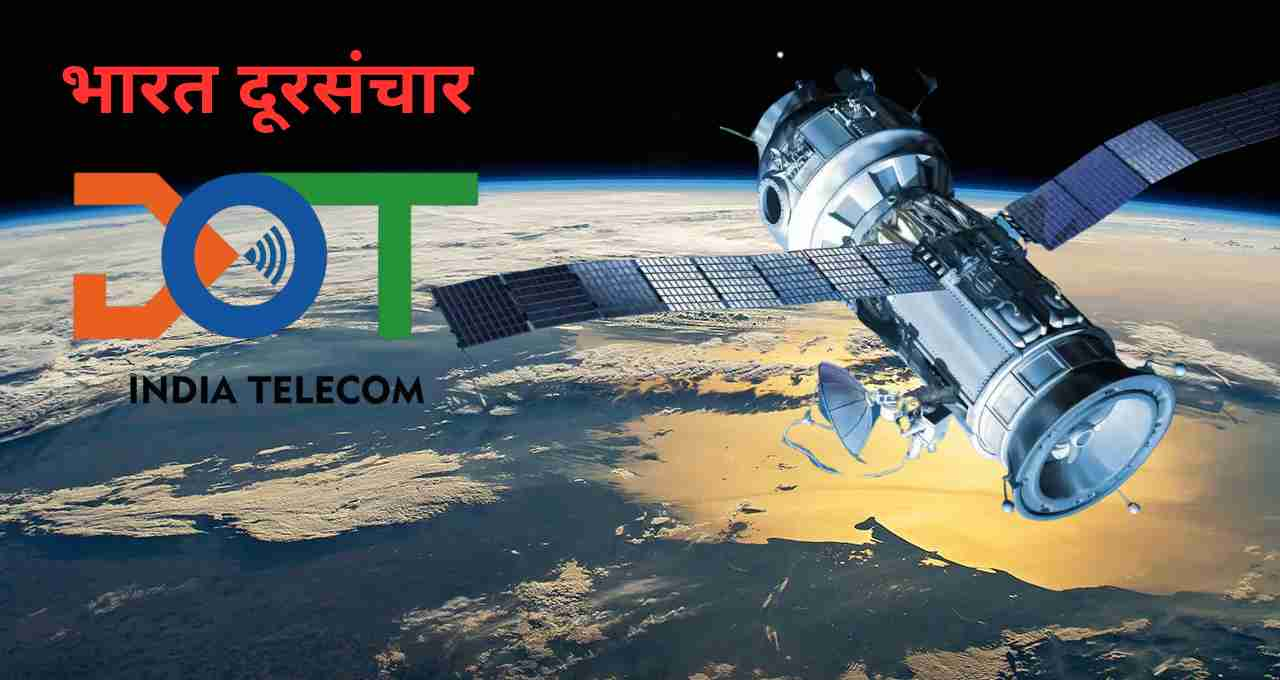
A significant change will be the requirement for all foreign companies to obtain gateway access permission from the Indian government before launching satellite services. This permission will only be granted to companies meeting stringent security standards.
This will ensure that unauthorized data transfer, cyber espionage, or misuse of technology by antisocial elements is prevented. This initiative is considered crucial for safeguarding India's digital sovereignty.
Positioning India as a Satcom Leader
The government's intention is not merely monitoring; it aims to establish India as a global leader in the Satcom sector. This involves not only regulating foreign companies but also fostering the growth of Indian startups in this field. The government is introducing a new telecom policy to provide funding, ease of licensing, and policy support to these startups.
This policy will create a roadmap for the next 5 years, aiming to establish a robust, self-reliant, and secure satellite communication ecosystem in the country. This will benefit rural areas, border regions, and emergency networking during natural disasters.
